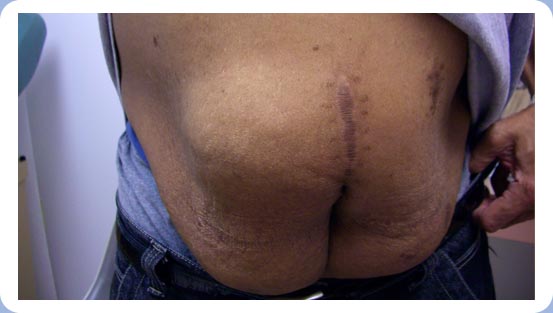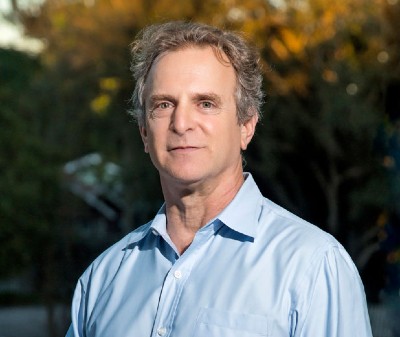While all surgery is serious, an experienced surgeon choosing the right approach will yield safe and easy recoveries compared to the past.
Small ventral hernias can often be performed on an outpatient basis. Larger and more complicated ventral hernias often require an overnight hospital stay. Extraordinarily large and recurrent ventral hernias may require 2-4 days of hospitalization.
The risk of major complications in experienced surgical hands should be under 1%.
Most people will experience some degree of pain or discomfort
after the surgery that will delay returning to driving or office-type work for a few days. The degree of pain that you will experience is variable. Your surgeon is motivated to minimize this pain but it can be significant but rarely lasts more than a few days. Pain medications will be discussed and prescribed for you.
Depending on the size of the hernia many can return to physical activities within days or weeks of the operation. However,
after the surgery hernia surgery recovery time may vary depending on individual factors and complications. Some larger and more complicated hernias may require avoidance of significant stress on the abdominal wall for several months.

